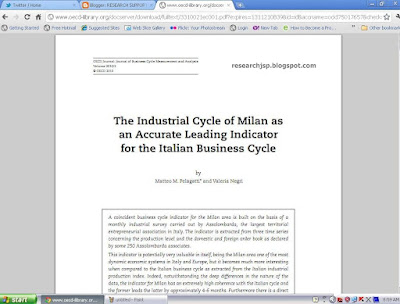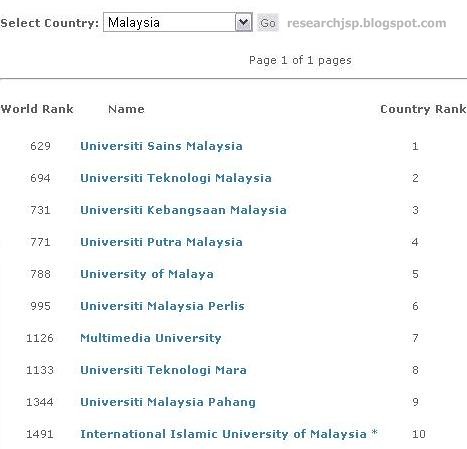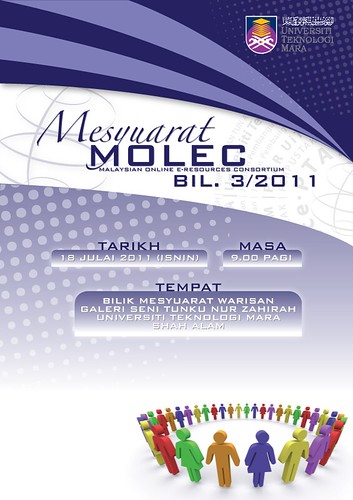MALAYSIAN ONLINE E-RESOURCES CONSORTIUM
The Jawatan Kuasa Kecil Pangkalan Data Komersil was set up 2000 under PERDANA (Sistem Perpustakaan Digital Negara). Its main function then was to coodinate the pricing of commercial databases which was steadily increasing. The first meeting was held on 21 March 2000 at Perpustakaan Tun Seri Lanang, UKM.
Altogether, there were 12 public and private university libraries in JKKPDK. In 2010, the committee changed its name once again to the Malaysian OnLine E-Resources Consortium or MOLEC.
Member libraries of MOLEC are as follows:
1) National Library (PNM)
2) 20 public university libraries (UM, UKM, UTM, UPM, USM, UiTM, UTHMN, USIM, UNIMAS, UniMaP, UPSI, UMS, UUM, UTeM, UMT, UPNM, UMP, UMK, UDM, UIAM)
3) 4 GLC university libraries ( UNITEN, MMU, UTP, OUM)
4) 8 government/non government agency libraries (IKIM, MARDI, MPC, MINT, MPOB, MOSTI, FRIM, UKM PPP)
Each member library is represented by the librarian who is responsible for serials acquisition. The Chair and Secretariat is currently held by the UM Library.
The objectives of the Consortium are to:
1.Establish the concept of resource sharing of commercial databases amongst Malaysian libraries
2.Subscribe to commercial databases as a consortium
The scope of this encompasses all Malaysian and non-Malaysian commercial databases except for the general reference databases such as encyclopedia, annual yearbooks etc.
The term of reference of the member libraries within the Consortium are:
1.Identify, study, evaluate and manage negotiations for subscription to local and international commercial databases
2.Identify ways and means of addressing the various Government policies and regulations with regards to subscription of non-Malaysian commercial databases
3.Provide a listing of all subscribed databases on their website
4.Provide a listing of all freely available databases and e-journals on their website
The Consortium
1.Maintains MyULIS (Malaysian Union List of Serials), Master List of
Commercial Databases and Master List of Backfiles/Archives
2.Developed the GARIS PANDUAN PEROLEHAN SUMBER MAKLUMAT ELEKTRONIK
3.Source for funds from MOHE
4.Conduct workshops/courses/seminars in order to share ideas and experiences
5.Invites publishers/vendors for product presentation
6.Makes presentations to interested parties
7.Meets once every two months



















